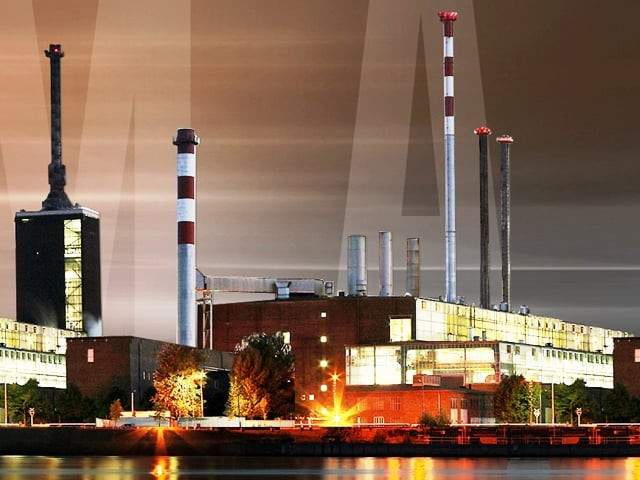Energy: it’s game time
Fuel theft, electricity theft and an over-reliance on expensive fuels have caused electricity costs to skyrocket.

The plan was laid out before the provinces at a meeting of the Council of Common Interest. PHOTO: FILE

Let us start with what the plan gets right. It seems to understand the mathematics of the problem better than the previous administration. The problem in Pakistan is that the weighted average cost of producing a unit of electricity is far higher than the weighted average cost that is billed to the consumer. The Nawaz Administration’s plan rightly focuses on narrowing this gap and correctly identifies many of the reasons why it exists in the first place.
Fuel theft, electricity theft and an over-reliance on expensive fuels have caused electricity costs in Pakistan to skyrocket to an average of about Rs14.67 per kilowatt-hour, a number that the plan wants to get down to a more manageable Rs10 per unit. (This is a reference to costs, not tariffs billed to consumers, which will not be going down anytime soon.) This will be done through a combination of efforts designed to reduce theft at the fuel stage, as well as to ensure that cheaper domestic natural gas replaces expensive imported furnace oil.
The government also wants to increase the absurdly low price of natural gas in Pakistan in a process always referred to as ‘rationalising’. We are all in favour of it, provided it creates a uniform national tariff structure, rather than giving away implicit, unaffordable subsidies to certain industries.
Here is the part where the government is not willing to explicitly spell out the truth. “The gas bills of everyone in the country are about to go up and by a lot.” That is a sentence nobody in the government is willing to say. Yet, given just how irresponsible most Pakistani journalists can be when it comes to reporting on economic policy matters, this is perhaps just as well. A report about the new policy, published in a leading newspaper in the country, seemed to confuse the cost of electricity with its prices, implying that the latter would be going down, when in fact, the government targets the former.
So, we are optimistic about the government’s approach to policymaking and even amenable to their political handling of the matter.
We do, however, have one concern. The government’s policy is focused purely on a medium-term framework of three to five years. This may be good enough for the PML-N to build a campaign for the next election, but it is not how energy policy can and should be decided.
Here is the problem the country faces: the PML-N is willing to adopt policy measures that make sense in a five-year time horizon. But, once constructed, a power plant usually lasts three to five decades, meaning that the impact of the policy under which it was constructed is likely to last well into the middle of the century. That sort of long-term impact requires thinking that goes well beyond winning the next election.
So, for instance, coal-fired power plants may make sense given the energy economics of the last five years, but will those dynamics continue to hold for the next 30 years? We are disturbed as to how few people in Islamabad are even curious about the answer to that question. We hope that the analysis behind the national energy policy is more thorough than it appears. Otherwise, we may end up repeating the mistake of the 1990s, when we thought that cheap oil prices would last forever. We are living with the consequences of that massive blunder. Let us hope that was the last one we have to live through.
Published in The Express Tribune, July 29th, 2013.
Like Opinion & Editorial on Facebook, follow @ETOpEd on Twitter to receive all updates on all our daily pieces.














COMMENTS
Comments are moderated and generally will be posted if they are on-topic and not abusive.
For more information, please see our Comments FAQ